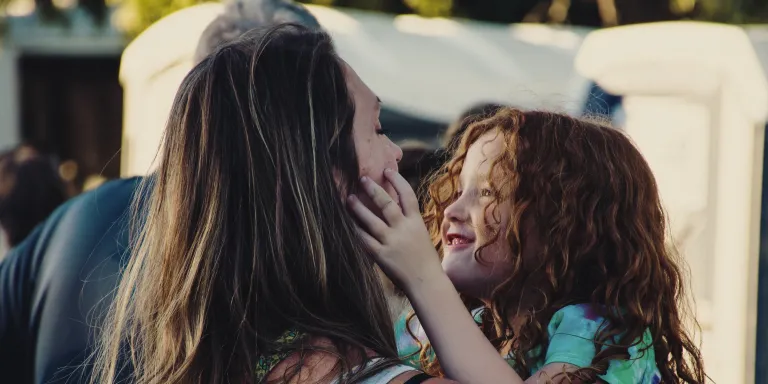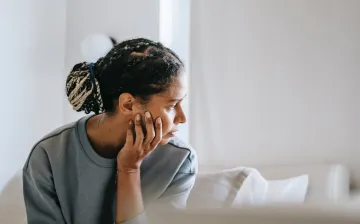
Separation is difficult for everybody. Your emotions may well at times feel overwhelming. However, children and young people should not be used as your emotional support – especially when you may need, more than ever, to be there for them.
It may help you to understand this if you consider the following:
- Children and young people rarely need to know what happens in the intimate relationship between their parents.
- You are your children’s parent, not their friend.
- Children of all ages want to see their parents as capable, strong, reliable, confident and always there for them (rather than the other way around).
Giving children responsibility for your emotional welfare is a kind of abuse. It also won’t help – and could harm – your children if they’re drawn into taking sides, carrying secrets, giving opinions or passing messages.
Find appropriate support
Sometimes a parent may end up using their children for support without realising it. Think carefully about whether or not you're expecting them to be responsible for your emotions. Consider who else in your life you could talk to about how you’re feeling.
If you think your ex may be using your children for emotional support you should seek help with how you can approach this. It may even help if they read this short article.
Practical tips to help you avoid going to your children for emotional support
Good days
When you are feeling ok and what is happening does not seem as bad as usual, take a minute to tell your children that you are feeling ok today. Suggest perhaps that you do something together – cook, walk, swim, watch a film, play a game.
If you keep a diary, take 10 minutes to make a note that this is a good day.
Bad days
On these days you may have felt like letting your children know how bad you feel. This might have been one of those times, when you would have blamed their other parent, told them that you hated the world and generally have given out the sense that you needed something from them.
Do something different
Spend 15 minutes answering:
- Who else could you confide in today?
- Is there something you could do for yourself that would make you feel better?
- Could you write about some of the feelings in a diary, journal, blog?
If you manage any of the above, make sure you make a mental note of how much better it was when you didn’t confide in your child. Repeat when necessary.
How we can help
If you’re looking for support with your relationships, we can help. We offer a range of ways to speak with a trained relationship expert including ongoing counselling, 30 minute web and phone chats, and one session therapy.
Find out which service is right for you
How you can help
Have you found this advice helpful? Make a donation to help us reach more people and continue supporting the nation’s relationships:
Can't afford to donate? We understand. Instead, we ask that you leave us a 5 star review on Trustpilot.
